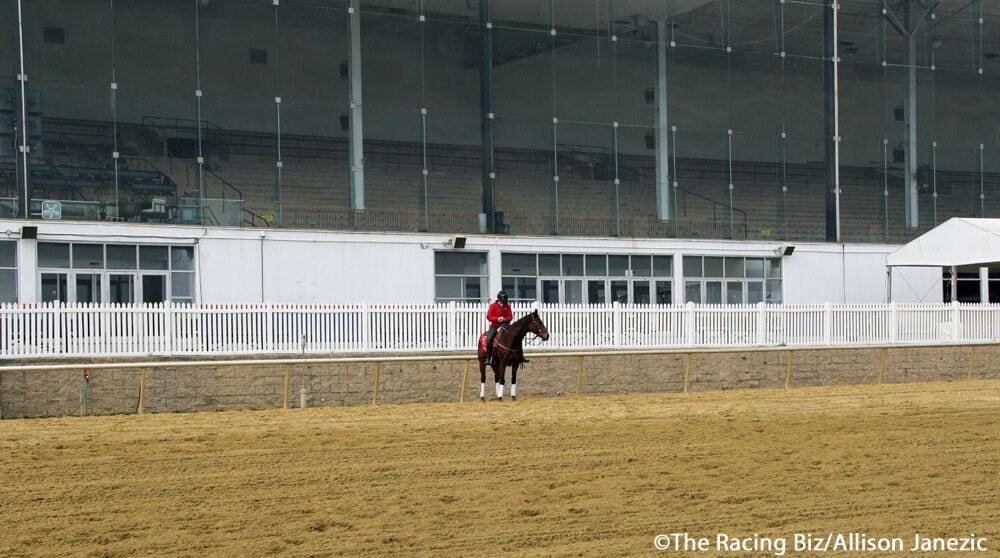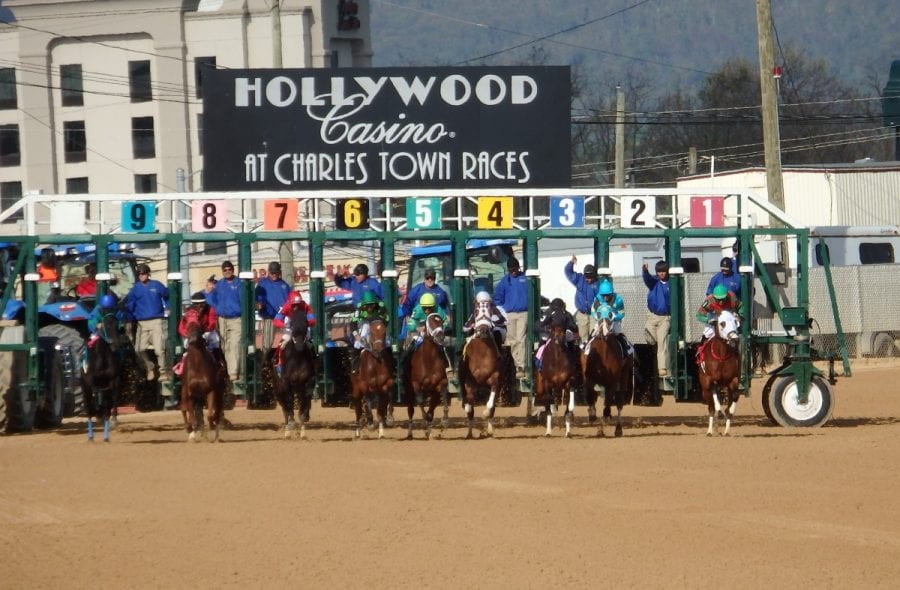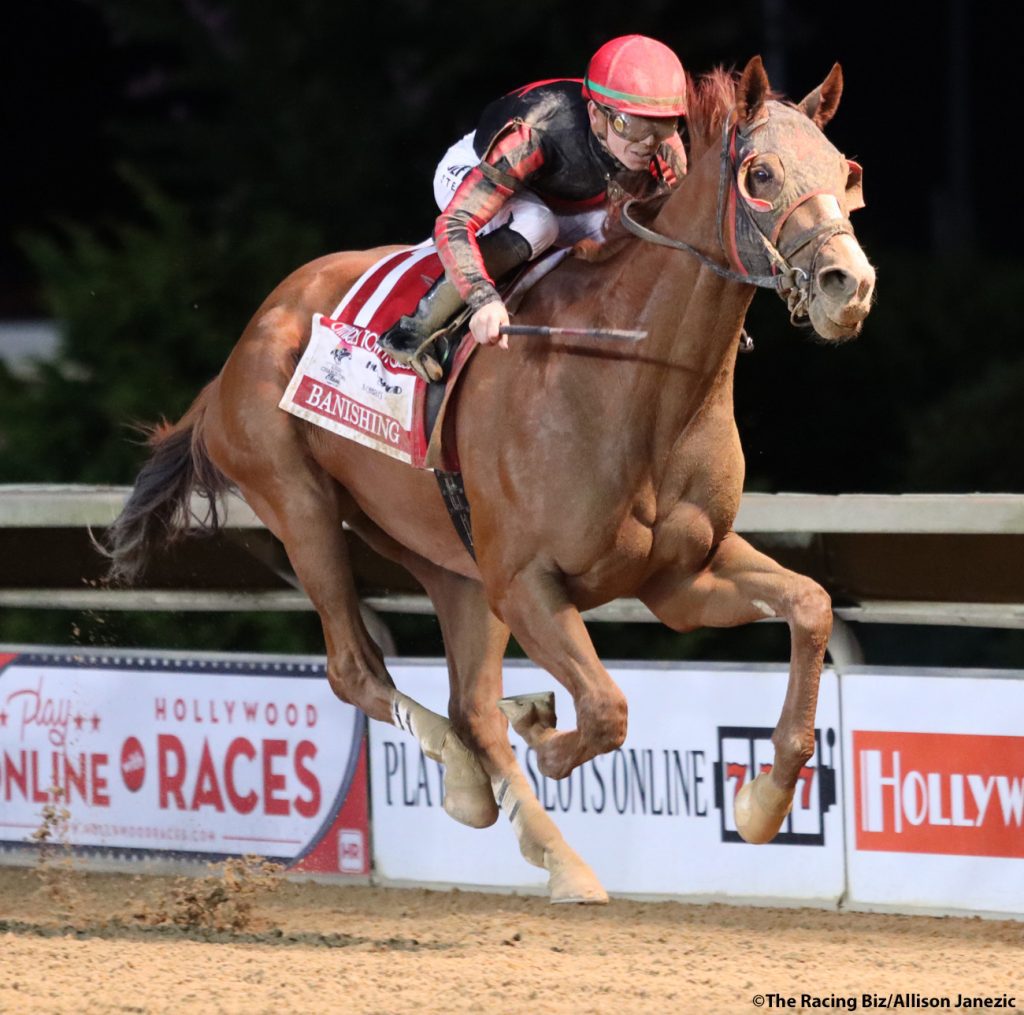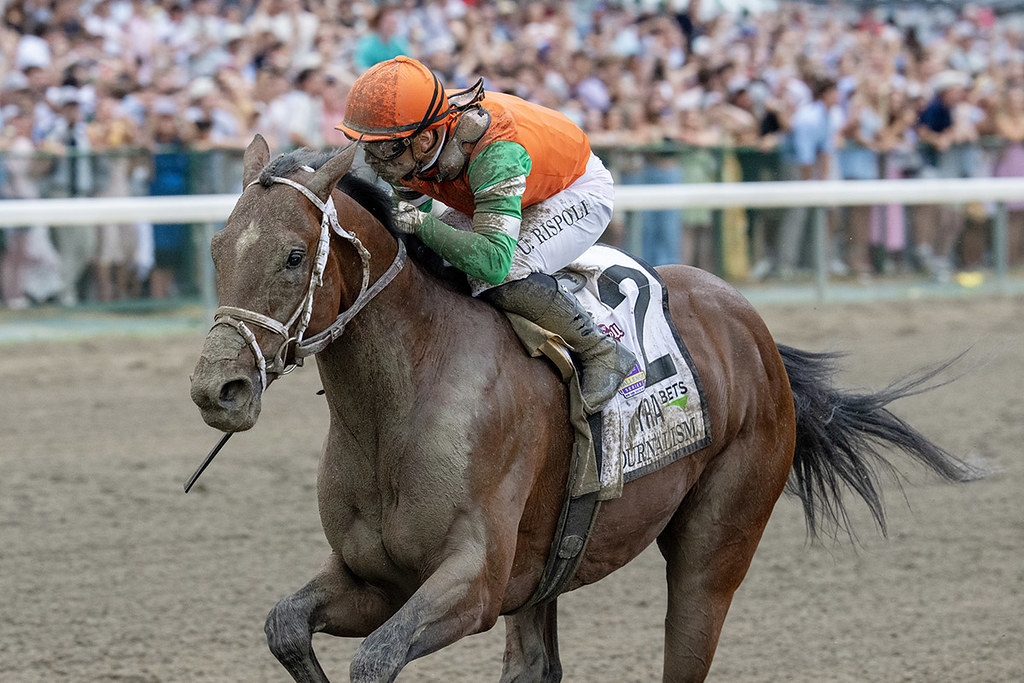Frustrations laid bare at MTROA meeting
Simmering tension on the soon-to-be extinct Maryland Thoroughbred Racetrack Operating Authority (MTROA) boiled over at its quarterly meeting April 25 as board members sparred with each other and rejected a seemingly mundane proposal by its chair.
The General Assembly surprisingly voted in its most recent session to kill the MTROA some two years before its original sunset date of 2027. The MTROA will cease to exist as of June 30 of this year.
That, MTROA member Alan Foreman seemed to suggest, is the fault of the MTROA itself under the leadership of chairman Greg Cross.
“The reason why we’re in the position that we are collectively right now, and the reason why I think in part, that the Authority is being sunset, is because the industry is just totally frustrated and has been over the fact that it has to work through an intermediary with respect to matters affecting the racing industry,” Foreman said, adding, “I just really oppose this continuing notion that the horsemen lack the expertise, or the breeders lack the expertise, or many of us who’ve worked with this industry for so long both locally, regionally, and nationally don’t have the expertise to work through these projects.”
“I don’t know where you got that notion, Alan,” Cross responded. “I’m fully aware that our horsemen have been right at the table for every step of the planning on, for example, the backstretch and laying out the barns.”
Some in the Thoroughbred industry have believed that the MTROA’s decisionmaking process has been overly opaque. And even some MTROA board members have at times requested greater transparency.
The Cross-Foreman exchange came, surprisingly enough, over a seemingly anodyne proposal made by Cross: to extend the now-expired contract of consultant Corey Johnsen through June 30.
Johnsen has worked on a variety of projects, including the new training center to be housed at the former Shamrock Farm property and the scheduled May 10 live racing day which will feature the National Thoroughbred League.
Johnsen is widely perceived to have been an asset to the project to date. But the proposed extension of his contract seemed to catch some board members off-guard.
“Was the contract sent out just to remind us what it entails?” asked MTROA member Nicole Earle.
“I feel like we’re going to be doing a lot of work over the next couple of months understanding our costs and where we stand from a money standpoint,” said Maryland Economic Development Corporation executive director Tom Sadowski.
That made him reluctant to support the extension, which could cost up to $60,000, he added. Sadowski’s group has been charged by the General Assembly with taking up the MTROA responsibilities not related to the building of the new facilities.
One issue that has troubled the racing industry – and informed the move to put off taking on additional financial obligations – has been the lack of a board of directors to govern the new nonprofit Maryland Jockey Club (TMJC). In its absence, Cross has served as the TMJC board.
Finally, Chuck Tildon introduced a motion to bar the MTROA from taking any action “financially on behalf of the racing industry… until the board of the Maryland Jockey Club is seated.”
That was advisable, he suggested, “given the action of the legislature and given their clear action that kind of denoted the fact that we’re done.”
The motion passed, and so if Johnsen’s contract is to be extended, it will have to be by the new board.
Cross said that he expected the board to be chosen within about two weeks and that it will have nine members and be focused on running the horse racing business, rather than the community-centric focus the MTROA has often had. Who those members might be has not been discussed in any public forum.
LATEST NEWS





















